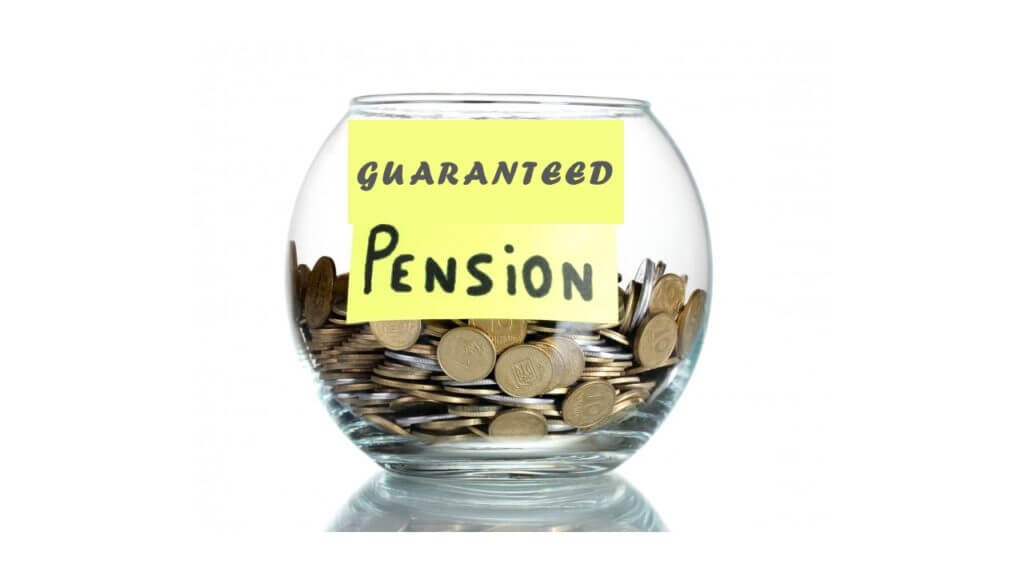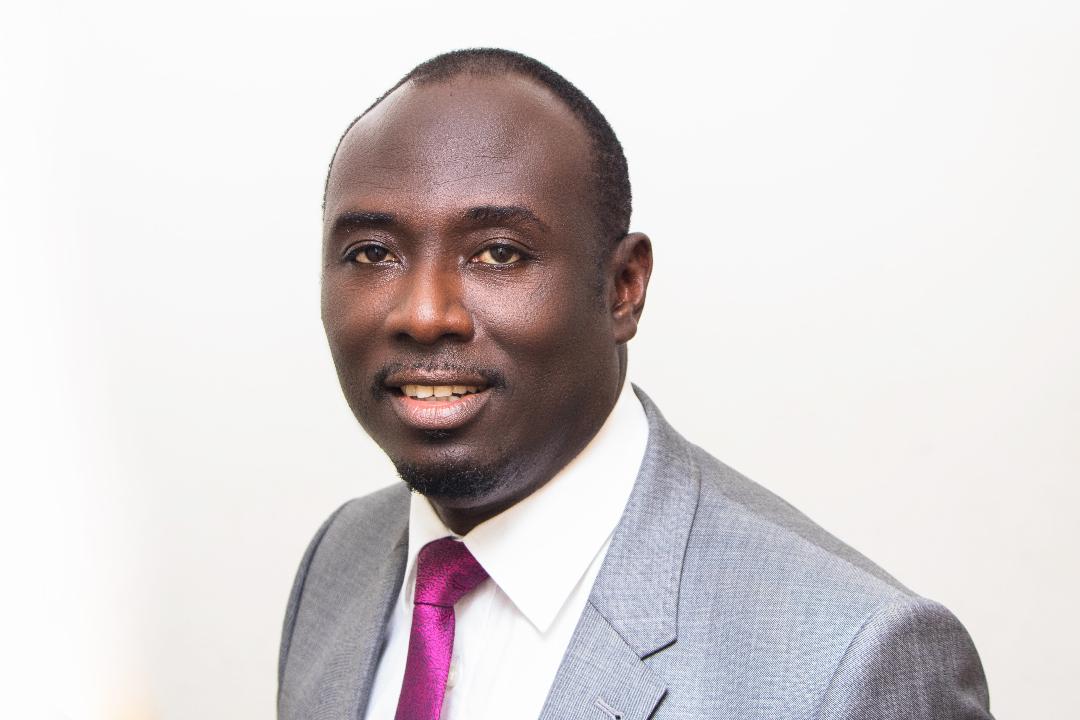It sounds a bit out of place to talk about the self-employed person and retirement. Do self-employed people ever and really retire? Probably not, but at least it gets to a point in time when they are not able to carry on with brisk business as they had done all along. Some of them deny the onset of that stage and pull along till the very last embers. The break point eventually comes when they either have to significantly scale down work or cut it out altogether. At that point we can say they have retired. In their retirement, the self-employed can earn guaranteed pension if they planned. This goes for both the formal and informal business owners.
For the employed, defining retirement comes easy as it complies with the statutory retirement age of 60 years. In the private sector, the engagement could continue on a mutual understanding of employer and employee. In today’s knowledge-era, retirement may not be really clear cut and could be delayed much beyond the statutory retirement age.
You need Guaranteed Pension

Self-employed persons may be used to not having regular incomes in their pre-retirement lives. However, in their old age that trend has to change. In the old age, guaranteed income is key. It may not only be about how sizeable the income is but how regular or in this case how guaranteed. The guaranteed nature of old age income brings peace of mind which is a vital requirement in old age. This piece is just about how the self-employed can achieve that guaranteed pension in their old age.
SSNIT-1st Tier
Currently the SSNIT 1st tier pension is the only scheme that guarantees regular income in retirement. One qualifies to take this guaranteed pension when they have contributed for at least 180 months (or 15 years in total). The self-employed may lose out of this benefit as their contributions (if any) may not be up to the 180 months. This could be due to the breaks in career, travel, little knowledge of how the scheme works or any other factor.
The most likely case is when a formally employed leaves their job to pursue the entrepreneurial journey. They now begin to concentrate on their business and do not pursue the SSNIT contributions again. Just to emphasize that as a self-employed you need to register your business with SSNIT and continue with the contribution to at least make up the 180 month-requirement.
The negative press about the adequacy of SSNIT pension benefit make us regard it with disdain. However, such an opportunity to earn a guaranteed income should not be ignored no matter how ‘small’. There exists an opportunity for the self-employed in the informal sector, but that is barely understood and patronized. It is worth visiting the SSNIT offices to enquire of what exists for the informal sector.
Also Read from the author: Retirement Planning, There is Risk Everywhere
Private SECTOR Pension (2nd Tier)
The private sector schemes are made up of 2nd and 3rd tiers. The mandatory 2nd tier is available for the self-employed within the formal sector space. What robs people is the non-registration into the scheme. It is a known fact that many such SMEs do not register for such schemes. Thus, the typical entrepreneur may not be having a 2nd tier pension arrangement.
The self-employed person should register into this scheme as well and contribute the 5% of as much as they have declared as their earnings. An early start here is key as the contribution level is quite low and a long time is needed to accumulate a decent individual fund value. The informal sector should speak to pension trustees to ascertain what opportunities are in there for them. This is one way the self-employed play for their retirement.
Private SECTOR Pension (3rd Tier)
The third leg of Ghana’s pensions offer a great opportunity for the self-employed in both the formal and informal sector. In fact, the self-employed persons were a major consideration to the introduction of the 3rd tier scheme. There are a number of such schemes within the 3rd tier space that serve the self-employed sector well.
Self-employed persons can either register for a personal pension or join a group pension scheme and just contribute. Typically, the M-DoZ retirement and investment club helps members to do so. This would help to accumulate some funds for long-term use. They may not necessarily offer guaranteed pension, however with good professional management, the benefits would be significantly long-term.
Employees are also able chip in incomes from ‘aside businesses’ into this vehicle.
With the exception of the 1st tier, the two others would give a lump sum which should then be invested to yield a long-term or lifetime returns.
The ‘4th Tier’
The ‘4th tier’ is coined to represent any other long-term financial arrangement or a retirement plan the self-employed may have. This could be a business, family and/or financial asset the person may possess. The needed action is for the individual to be aware of the risks that those options have. This has been discussed extensively in another article. Another important step is the engagement of an advisor. This practice is yet to sink in our culture, but recent happenings and the risks we face should awaken us.
Be your Brother/Sisters’ Keeper
This principle in retirement planning especially covers married couples. You may be in the formal sector and so may have your own guaranteed pension in future. What about your spouse who may currently be running their own business in the formal or informal sector? We have just learnt how crucial retirement planning is for the self-employed. They are exposed to the risk of a no-guarantee pension. Be their keeper and recommend the shared knowledge here. They need to act on the knowledge immediately.
Planning without the family in mind is one of the reasons people struggle in retirement. You may as well alert close friends and relatives who are self-employed to be conscious of their old age income.
This piece is meant to prompt all and especially self-employed to be conscious of the need for a guaranteed retirement income and to work towards it. Hopefully, that has been achieved.
“An investment in knowledge pays the best interest”, Benjamin Franklyn
About Author
Yaw Korankye Antwi is a Pensions and Management Consultant with M-DoZ Consulting and an Executive Director of M-DoZ Retirement & Investment Club. M-DoZ runs retirement & investment planning sessions for companies, churches, trade associations, groups, e.t.c. The club runs financial advisory clinics and helps its members to plan for retirement. Joining the club is free.
Call now on 0201196080 and book a retirement planning session for your staff/group. korankyeaw2@gmail.com; follow on facebook and twitter









